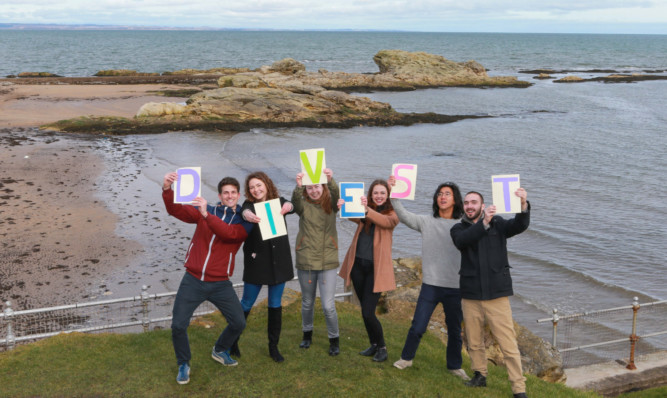Scotland’s oldest university is being urged to stop investing in the fossil fuel industry.
A student movement has been launched to press St Andrews University to rid fossil fuel extractors from its investment portfolio completely.
Although it was one of the first universities to introduce an ethical investment policy, the Fife institution still has money in at least one company in the field.
Its investment list from last year showed equity security in Oil Search Ltd, an oil and gas exploration and development firm in Papua New Guinea, worth almost £1 million.
In just three weeks a petition launched by Divest St Andrews has gathered more than 500 signatures.
While it said the university had ceased investing in arms manufacturers and significantly reduced the amount invested in fossil fuels, it said this was not enough.
Current policy, it said, still permitted investment in fossil fuel extraction which was of grave concern.
Co-chairperson Jennifer Morton said: “By investing in fossil fuel companies, no matter how much money is implicated, the university is directly profiting from climate change.
“We believe that by removing all investments from fossil fuels, the university will be able to fulfil its desires to become economically and environmentally sustainable across the board, in so doing renewing its commitment to mitigating catastrophic climate change.”
Divest St Andrews wants the university to pledge to divest financial holdings in fossil fuels extractors within three years, immediately cease increasing holdings in such companies and write into its sustainable investment policy never to invest in them again.
A spokeswoman for the university said: “The University of St Andrews takes very seriously its position to invest responsibly.
“Currently, none of our investments are in oil and coal fossil fuels, with less than two per cent overall via natural gas as a transition fuel from heavy fossil fuels to green energy with Oil Search Ltd.
“Oil Search Ltd is a natural gas company in Papua New Guinea which also invests a proportion of their profits within the local communities.
“A far greater involvement with fossil fuels is the university’s use of energy to heat and light our buildings.
“We believe the University of St Andrews to be a leader in the higher education sector in terms of our move away from the use of fossil fuels to renewable energy sources as a direct energy source for the university including ongoing moves towards wind energy, and our plans to create a biomass plant at our Guardbridge site.”
